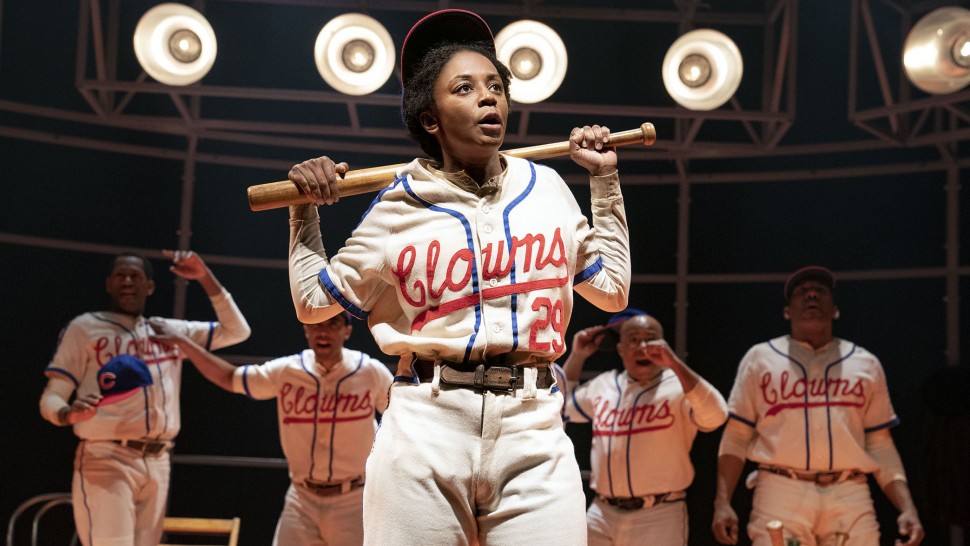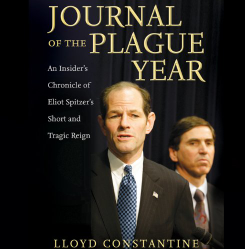HL 73 “Reparations in the Theatre World” commented on current conventions and unwritten but ignored, at peril, Rules that prevail in the legitimate theatrical and cinema worlds. The Rules, de facto, constitute an informal regime of reparations for discrimination and other injustice done to racial minorities in those industries.
“Toni Stone” is a play about the first and best known of three women who played baseball in the Negro Leagues. In Stone’s case for the San Francisco Sea Lions, the New Orleans Black Pelicans, the New Orleans Creoles, the Kansas City Monarchs and most pertinently Toni played second base for the Indianapolis Clowns in 1953, replacing Hank Aaron. All of this, from 1949 to 1954 occurred after Jackie Robinson and Branch Rickey’s Dodgers broke the “color line” in 1947.

Gunnar Myrdal – Author of “An American Dilemma”
The relevance of that brave Brooklyn act is widely misunderstood by people significantly younger than HL. He recalls that his Yankees first African-American player was Elston Howard in 1955, after Stone’s baseball career ended. Elijah (“Pumpsie”) Green did not integrate the Red Sox until 1959.
One can go professional sport after sport (the NBA being a particular mind blower and opener) and non-athletic industry after industry to see how recently and pervasively racial injustice prevailed. It provides added force to the argument that formal U.S. government funded and administered reparations may be the best approach to addressing the “American Dilemma.”
That doesn’t make theatre reparations any less awkward and destructive of the theatre experience. They don’t inflict the “pain” of catharsis or revelation or self-examination. Just the annoyance of attending very bad threatre with no possibility of willingly suspending disbelief.

Lydia R. Diamond
Before assaulting the audience for myriad crimes committed against African-Americans (in most cases) by the white theatre-goers ancestors during the course of Stone’s life (then 1921-1953), Toni, scripted by playwright Lydia R. Diamond, delivers an opening and bonus feminist homily. She explains that a baseball in her right hand, centers and fulfills her in the way that most women “think” the arms of a man will. Toni makes this point about a half-dozen times. HL’s late 1960s-centric mind conjures the poster that adorned millions of young women’s walls back then with the message “A Woman Needs a Man Like a Fish Needs a Bicycle.” Sorry gen-Xers and millennials that wasn’t U2’s wisdom. They stole it from Hallmark.
Soon after Toni refers to her 1953 teammates as the “boys” and warns the 2019 audience that they dare not call them that – receiving the expected nervous laughter and growing awareness that one’s role is to be lectured, made uncomfortable, but certainly not entertained.

Arthur & Rebecca Miller
HL had a different reaction as he was transported all the way back to June 2019 and his attendance at the revival of Arthur Miller’s “All My Sons.” Not Miller’s best – no “Salesman” or “The Price” or “View from the Bridge” nor even the heavy handed “Crucible,” but still Miller, so not chopped liver. At least until two hours into the play when all dramatic tension is destroyed and replaced by the kind that is the sum and substance of “Toni Stone.” “All My Sons” set in the post WWII (1947) mid-west (Ohio) involves a wealthy white war profiteer surrounded by friends and relatives revisiting a shocking crime perpetrated by one among them. After two hours of building Milleresque tension, an African-American lawyer son of one arrives on stage to join his alabaster honey-blonde sister. After that arrival destroys the suspension and redirects the audience to contemplation of the Rules, the protagonist played by Tracy Letts refers to the young lawyer as a “boy” – which a 60- year-old man in 1947 would have felt comfortable doing relative to the young white man that Miller was writing about. The audience gasps – as “boy” has been directed at a black attorney – and they struggle to reconnect to the plot, the characters and the play’s powerful ending. This 2019 racial justice lesson within a 1947 play has a back story.
The playwright’s daughter and literary executor, Rebecca Miller (accomplished screenwriter/filmmaker in her own right including “Personal Velocity”) vetoed the original director’s decision to cast African-Americans in both the brother and sister roles. Whereupon the director quit and was replaced by a new director who decided to give the audience around 80% of what Arthur Miller intended before undercutting the play towards the end in obedience to the Rules.



0 Comments